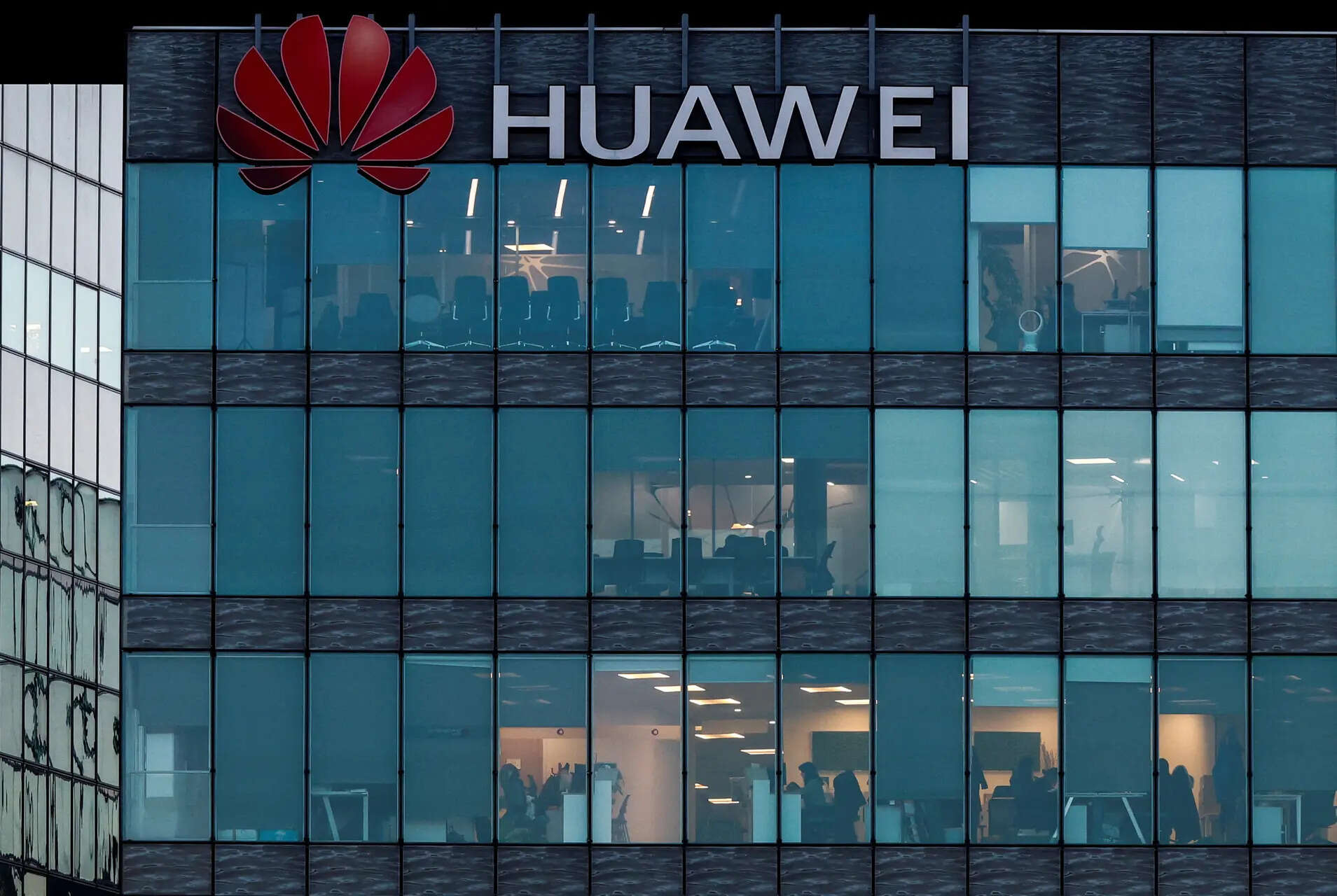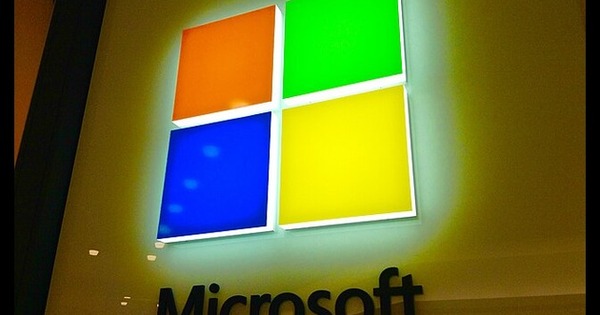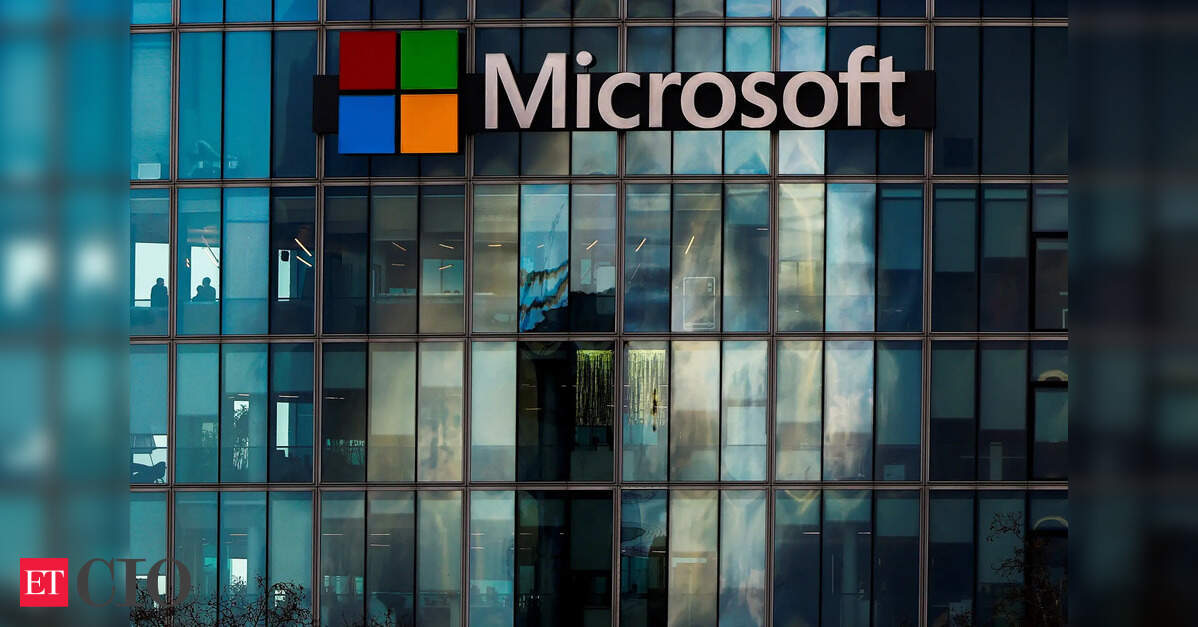Huawei Technologies: Huawei Expands AI Chip Market Presence in Middle East and Southeast Asia, ET Telecom
The company is also trying to attract customers with remote access to CloudMatrix 384, a China-based AI system built with more advanced Huawei chips, which it is not currently ready to export due to limited supplies, the report said.

Huawei Technologies is attempting to export small amounts of AI chips to the Middle East and Southeast Asia, as it looks to establish itself in markets dominated by U.S. chip designer Nvidia, Bloomberg News reported on Thursday.
The Chinese telecom giant has reached out to potential customers in the United Arab Emirates, Saudi Arabia and Thailand about purchasing its older-generation Ascend 910B AI chips, the report said, citing people familiar with the matter.
China's strongest competitor to leading U.S. chipmakers is offering the chips in the low thousands, though the exact number remains unclear, according to the report.
No deals have been finalised yet, the report said, adding that parties in the UAE have not shown interest, while the status of talks in Thailand is unclear.
Representatives for the government of Thailand and the Saudi government's media office did not immediately respond to Reuters requests for comment. Huawei did not immediately respond to Reuters request for comment.
The company is also trying to attract customers with remote access to CloudMatrix 384, a China-based AI system built with more advanced Huawei chips, which it is not currently ready to export due to limited supplies, the report said.
The Middle East has emerged as a booming market for AI chips, with several U.S. technology firms such as Nvidia announcing deals.
President Donald Trump had secured $600 billion in commitments from Saudi Arabia for U.S. companies during a tour of the region in May.
Huawei is also focused on selling 910Cs, its advanced AI chip product, to Chinese firms that cannot access best-in-class American chips, the report said.
Successive U.S. administrations have sought to restrict China's access to advanced American chip technology, citing concerns that it could be used to strengthen Beijing's military.
"With the current export controls, we are effectively out of the China datacenter market, which is now served only by competitors such as Huawei," an Nvidia spokesperson said.

You may also like...
Diddy's Legal Troubles & Racketeering Trial

Music mogul Sean 'Diddy' Combs was acquitted of sex trafficking and racketeering charges but convicted on transportation...
Thomas Partey Faces Rape & Sexual Assault Charges

Former Arsenal midfielder Thomas Partey has been formally charged with multiple counts of rape and sexual assault by UK ...
Nigeria Universities Changes Admission Policies

JAMB has clarified its admission policies, rectifying a student's status, reiterating the necessity of its Central Admis...
Ghana's Economic Reforms & Gold Sector Initiatives

Ghana is undertaking a comprehensive economic overhaul with President John Dramani Mahama's 24-Hour Economy and Accelera...
WAFCON 2024 African Women's Football Tournament

The 2024 Women's Africa Cup of Nations opened with thrilling matches, seeing Nigeria's Super Falcons secure a dominant 3...
Emergence & Dynamics of Nigeria's ADC Coalition

A new opposition coalition, led by the African Democratic Congress (ADC), is emerging to challenge President Bola Ahmed ...
Demise of Olubadan of Ibadanland
Oba Owolabi Olakulehin, the 43rd Olubadan of Ibadanland, has died at 90, concluding a life of distinguished service in t...
Death of Nigerian Goalkeeping Legend Peter Rufai

Nigerian football mourns the death of legendary Super Eagles goalkeeper Peter Rufai, who passed away at 61. Known as 'Do...




